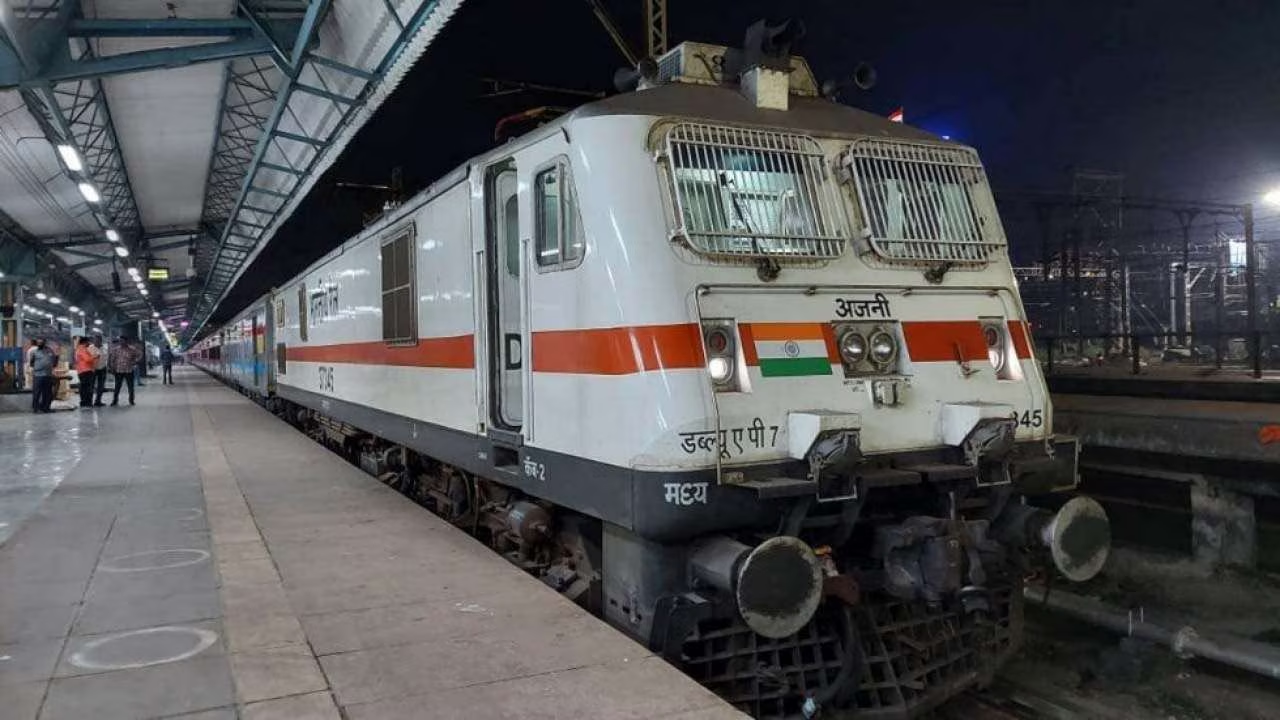The Prayagraj Rail Division of the North Central Railway Zone has issued a firm warning to the Akhil Bhartiya Kisan Union (ABKU) based in Etah, Uttar Pradesh, regarding their planned travel without tickets for a series of events scheduled from October 2 to 4, 2024. This admonition highlights the ongoing tensions between railway authorities and farmers’ unions, amidst an environment where both sides are trying to assert their rights and responsibilities.
In a letter dated October 1, the division’s commercial department informed the national president of ABKU that members intend to travel by train without valid tickets, as they have reportedly done in the past. The letter specifically referenced Section 55 of the Railway Act of 1989, underscoring that travelling without a ticket or proper authorisation is illegal and carries penalties. The warning signals the Railways’ commitment to enforcing its regulations, particularly as large gatherings can lead to safety issues and service disruptions. The ABKU has organised various activities across key cities, including Lucknow, as part of their ongoing efforts to voice agricultural concerns. These events are crucial for the farmers, who have faced numerous challenges, including rising costs and fluctuating market prices. While the farmers’ intent is to mobilise and advocate for their rights, the threat of legal repercussions adds an additional layer of complexity to their planned actions. Public opinion is divided on this issue. Many farmers express frustration over the Railways’ stance, viewing it as an attempt to stifle their voices. “We are simply trying to make our concerns heard,” said a local farmer, highlighting the ongoing struggle for fair treatment in the agricultural sector. On the other hand, regular commuters appreciate the Railways’ efforts to maintain order, fearing that overcrowding could affect their own travel experiences.
From a sustainability perspective, the clash between the Railways and farmers’ unions raises questions about responsible travel practices during mass mobilisations. While the farmers’ movements are essential for democratic engagement, ticketless travel not only violates regulations but can also strain resources and lead to environmental consequences associated with overcrowding. As the events approach, the dialogue between the farmers’ union and railway authorities will be pivotal in finding a resolution that respects the rights of all parties involved. It remains to be seen how the farmers will navigate these legal challenges while striving to draw attention to their pressing issues.


